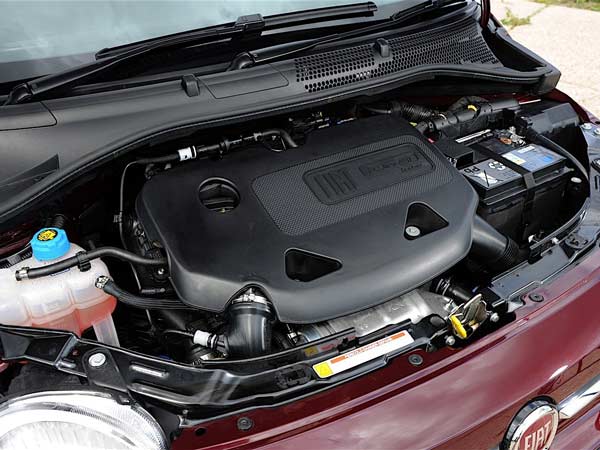Why engine size matters

Away from the tabloidesque headline, the size of the car you buy will determine how you get on with it. There are obvious benefits of going for a bigger car, not least the state of our roads. The advantages of smaller cars might be less obvious, so let’s highlight them.
Better fuel economy
Smaller cars typically come with smaller engines. Since there’s less weight to move around, there’s no need for a big engine, unless of course, the aim is performance.
With technology today, a smaller, efficient engine achieves incredible fuel economy. This makes the long-term benefit of a small car feel like an investment.
More fun to drive
This is all to do with weight – the single biggest detriment to handling. A good engine will give you acceleration, good brakes will help you stop better. But all this won’t be worth much lap time if you can’t achieve a quick direction change, a tall order with a longer, heavier car.
It’s like peeling an onion because the weight is still affecting acceleration, tyre wear and overheating the brakes.
Affordable
Smaller cars are generally cheaper. And since they’re cheaper to maintain, they offer incredible value.
Running a small Japanese hatchback will not empty your pockets, but you’ll still sit five.
Easy driving and parking
Parking isn’t particularly abundant. Logically then, the smaller the space you need, to be considered parked, the better.
It might not be worth much, but a smaller car doesn’t stick its nose or rear end at the parking lot, avoiding fender benders from less than competent drivers.
More reliable
One of the reasons for poor reliability in cars is the complexity of construction. Smaller cars are usually the last to have high-end technology employed. This means they’re of simpler construction, and only receive tech that is tried, tested and validated.
Hence, the tech will be several years late, but that isn’t what I’d call a crippling drawback.
Character
Smaller cars achieve personality easily. They look like they have a name. And that’s saying something.













